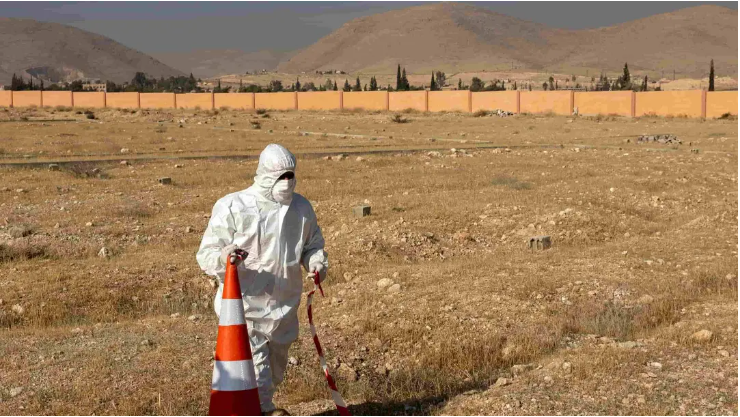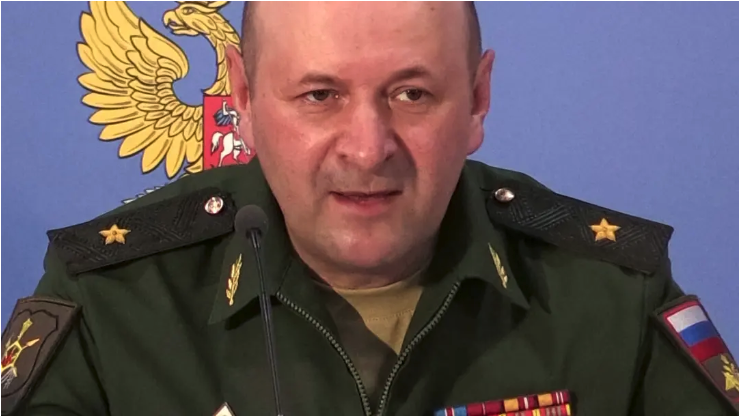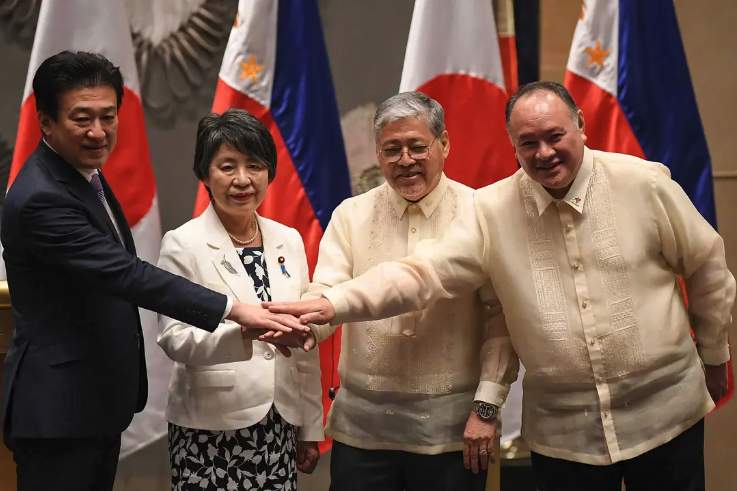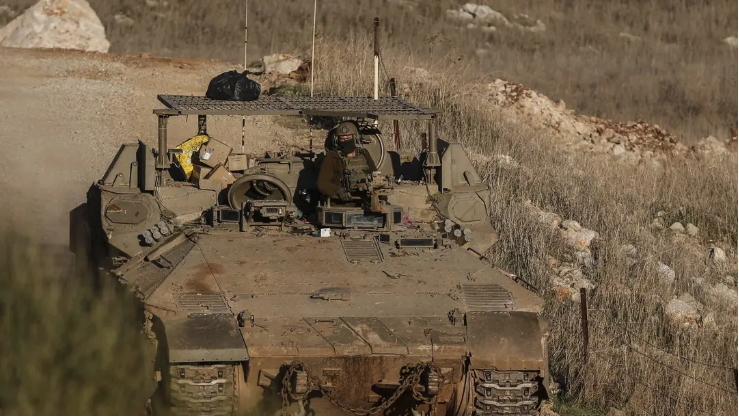Guinea-Bissau: Army Detains National Guard Commander After Deadly Gunfire
Guinea-Bissau's military arrested the National Guard commander, Col. Victor Tchongo, on Friday, following gunfire between members of his unit and the presidential brigade that left two dead in the capital early on that day....
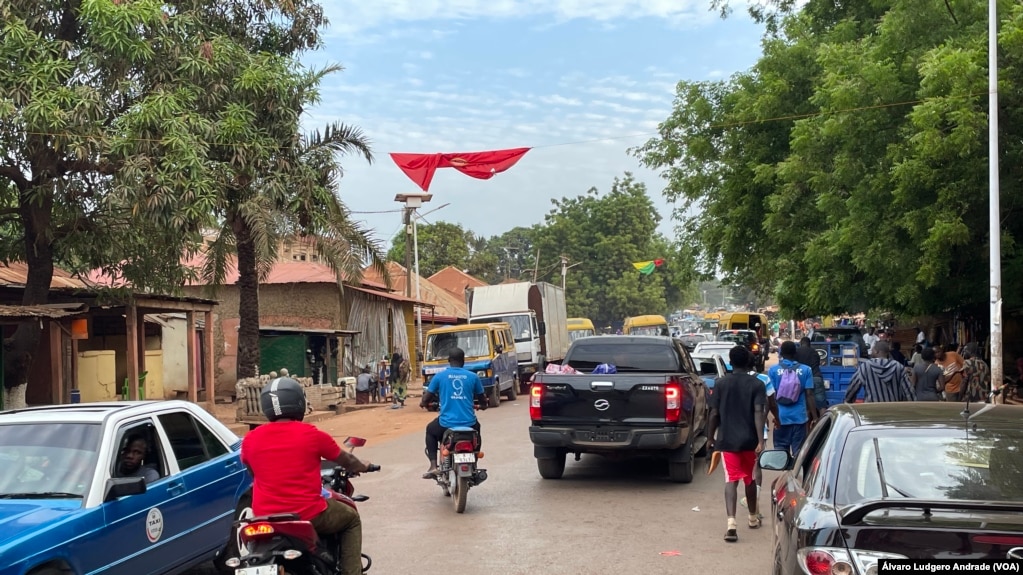
Facts
- Guinea-Bissau's military arrested the National Guard commander, Col. Victor Tchongo, on Friday, following gunfire between members of his unit and the presidential brigade that left two dead in the capital early on that day.1
- Fighting broke out overnight after soldiers from the National Guard stormed a police station in Bissau to free Finance Minister Suleimane Seidi and Treasury Secretary António Monteiro. Order was reportedly restored in the afternoon in the West African country.2
- Though Seidi and Monteiro were successfully released, they have already been sent back to custody. The Portuguese Lusa news agency reported, citing an undisclosed military source, that they were in the National Guard barracks on the outskirts of Bissau.3
- The two officials were put in pre-trial detention on Thursday afternoon amid anti-graft investigations into the alleged irregular withdrawal of $10M from state coffers to pay nearly a dozen companies whose owners supposedly are close to the ruling coalition.4
- This comes as Pres. Umaro Sissoco Embaló, who survived a failed attempt to overthrow him last year, is attending the United Nations Climate Change Conference in Dubai. Since the country's independence from Portugal in 1974, only one democratically elected president has completed a full term.5
- Embaló appointed two generals in September to reinforce the presidential security at a time when coups and attempted coups have multiplied in West Africa, including last week in Sierra Leone.6
Sources: 1France 24, 2Reuters, 3LUSA, 4BBC News, 5Al Jazeera and 6Africa News.
Narratives
- Narrative A, as provided by Al Jazeera. Security forces have always been at the heart of politics in Guinea-Bissau, so this violent incident between two army factions isn't a novelty in a country widely known for its instability. Despite decades into its independence, the system of governance still reflects that established during the Portuguese colonial era.
- Narrative B, as provided by Ken Opalo. Guinea-Bissau had it all to become a successful post-colonial nation, as its elites had invested heavily in creating a national identity, rural political education and mass mobilization to liberate the country from colonialism. Yet, as the general citizenry has been forced out of civic life after the country became independent, political instability has only worsened.



